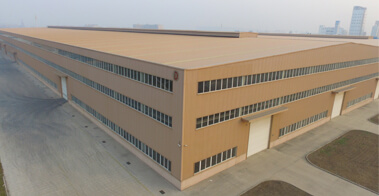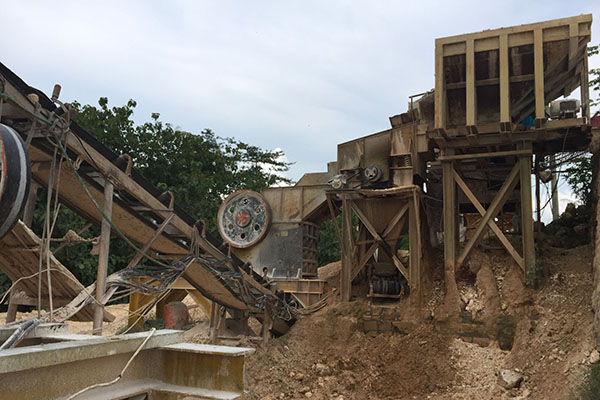
Hard Stone Crushing&Screening Plant in Indonesia
- Type: Semi-Mobile(mounted on steel structure)
- Max Feeding Size: 500mm
- Final Output Size: 0-5mm, 5-10mm, 10-20mm, 20-30mm
- Capacity: 120TPH
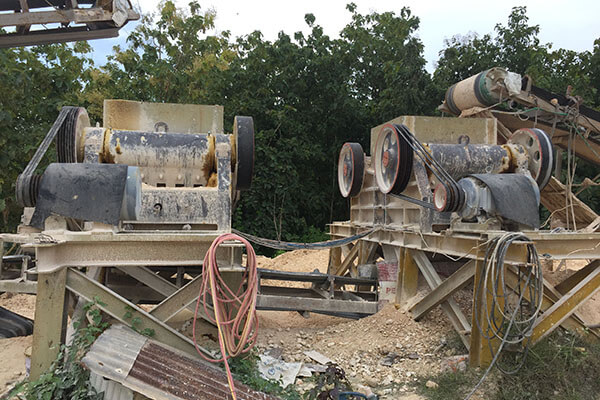
On Mar 27 of 2014, we received deposit from our customer Mr.Dede Ganda S in Indonesia. They ordered a complete hard stone crushing and screening plant, including:
-
1.Grizzly Vibrating Feeder: GZD960x3800/1 set
-
2.Primary Jaw Crusher: PE600x900/1 set
-
3.Secondary Fine Jaw Crusher: PEX250x1200/4 sets
-
4.Vibrating Screen: 4YZS1860/1 set
-
5.Belt Conveyors: 9sets
- 6.Electrical Control Panel
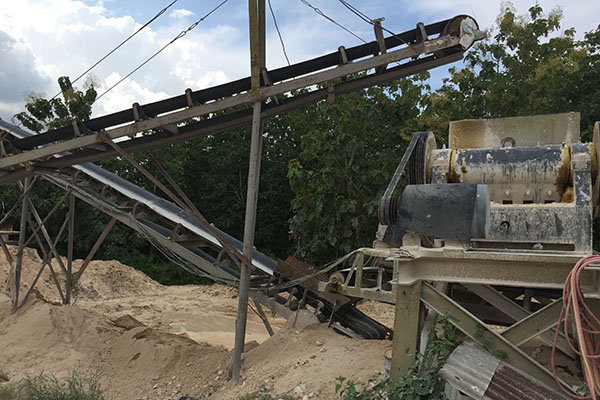
Their project is located in Semarang, which starts operation in 2014. It is to crush hard stone from 500mm into 0-5mm, 5-10mm, 10-20mm, 20-30mm. We loaded and shipped these goods in 6x40'HQ totally.
Comparing with cone crusher, and considering the cost of spare parts, shutdown time and degree of operation and maintenance difficulty, finally Mr.Dede Ganda S chose jaw-type fine crusher(with fine CSS) as secondary crusher in the plant. Its pros and cons are as follows:
Pros of Jaw-type Fine Crusher:
-
1.Suitable for Hard Materials: Jaw-type fine crushers are effective at crushing harder materials, making them well-suited for processing rocks and minerals with higher levels of hardness.
-
2.High Crushing Ratio: These crushers offer a high crushing ratio, meaning they can effectively reduce large chunks of material into smaller particles, resulting in efficient material processing.
-
3.Lower Operational Costs: Jaw-type fine crushers often come with lower operational costs compared to other types of crushers. This can result in cost savings over the long term, especially in industries where material processing is a significant expense.
- 4.Lower Investment Costs: The initial investment required for jaw-type fine crushers is generally lower than some other types of crushers, making them more accessible to smaller operations or businesses with budget constraints.
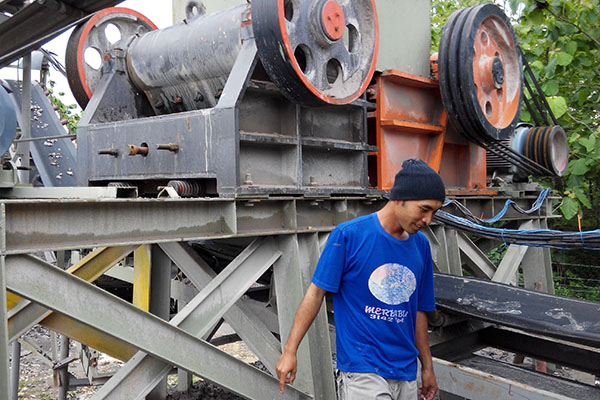
Cons of Jaw-type Fine Crusher:
- 1.High Needle-like Content: One significant drawback of jaw-type fine crushers is that they tend to produce finished products with a higher proportion of needle-like particles. These needle-like particles can adversely affect the quality of the final product in certain applications.
-
2.Limited Applicability in High-Quality Sand and Gravel Industries: Due to the higher needle-like content in the finished product, jaw-type fine crushers might not be suitable for industries that require high-quality sand and gravel, where particle shape and size distribution are crucial.
-
3.Potential Maintenance Challenges: Depending on the design and construction of the crusher, jaw-type fine crushers might have maintenance challenges associated with wear and tear on the jaw plates, which may need frequent replacement.
-
4.Limited Size Reduction Range: While effective for finer crushing, jaw-type fine crushers might not be as versatile as other types of crushers when it comes to coarse or extremely fine crushing requirements.
In summary, jaw-type fine crushers offer advantages in terms of suitability for harder materials, high crushing ratio, and lower costs. However, their limitations, such as the presence of needle-like particles and restrictions in certain industries, should be considered when choosing the appropriate crushing equipment for a specific application.

If you want to visit this project on site, or contact our client to check the machine’s work performance, please contact us: WhatsApp:+8613838097071



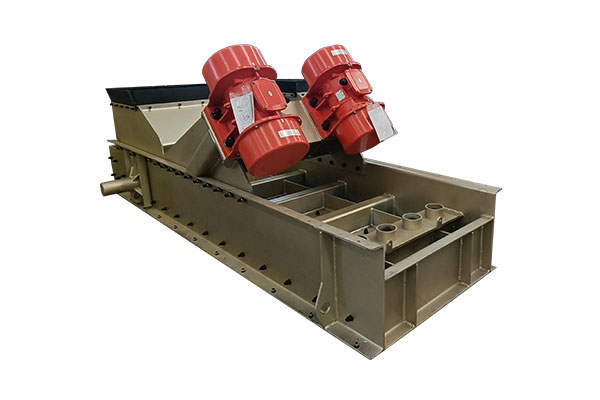 Pan Feeder
Pan Feeder
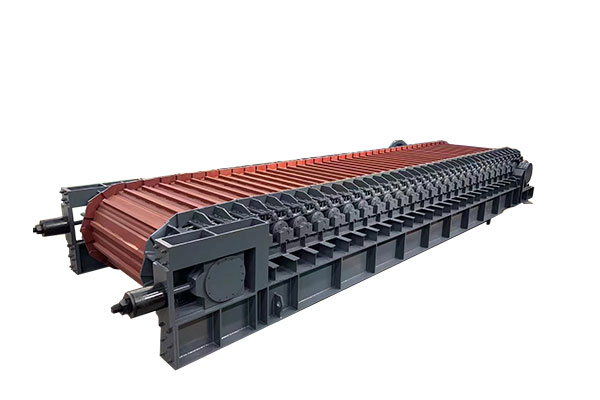 Apron Feeder
Apron Feeder
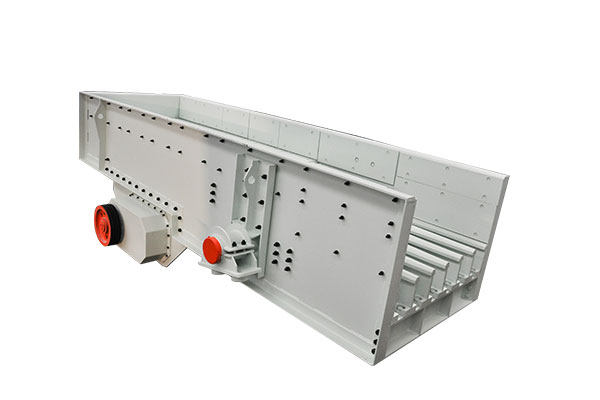 Vibrating Grizzly Feeder
Vibrating Grizzly Feeder
